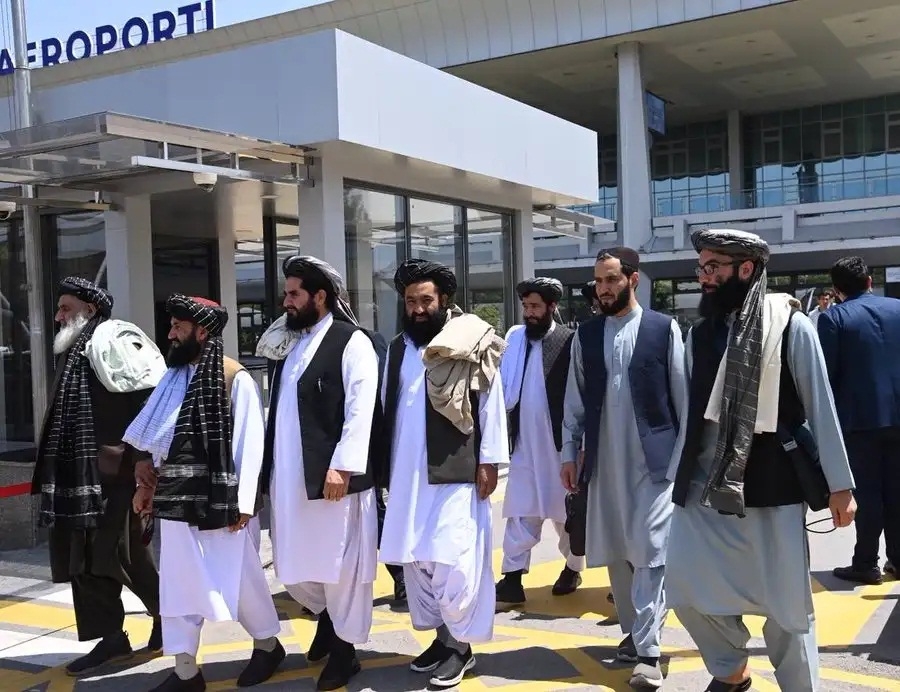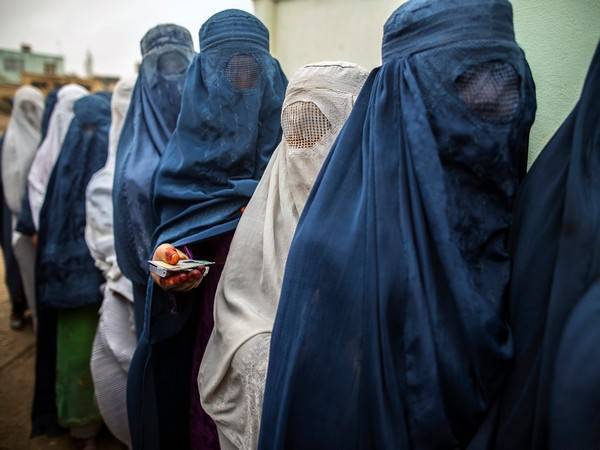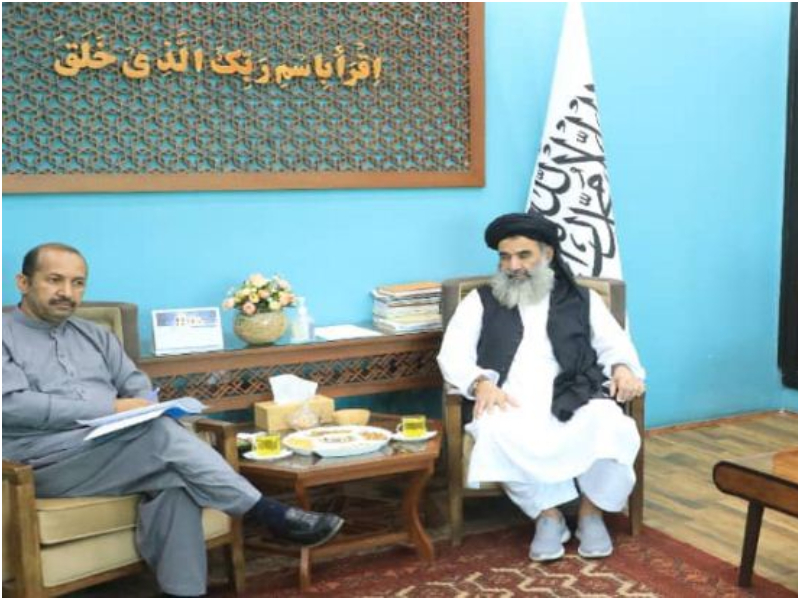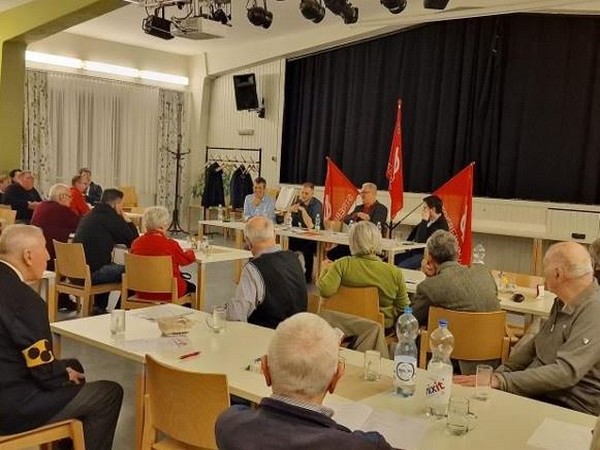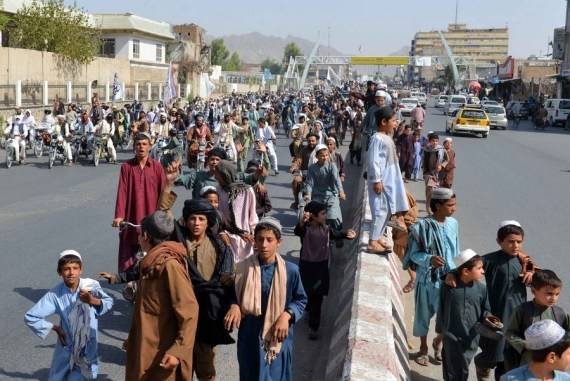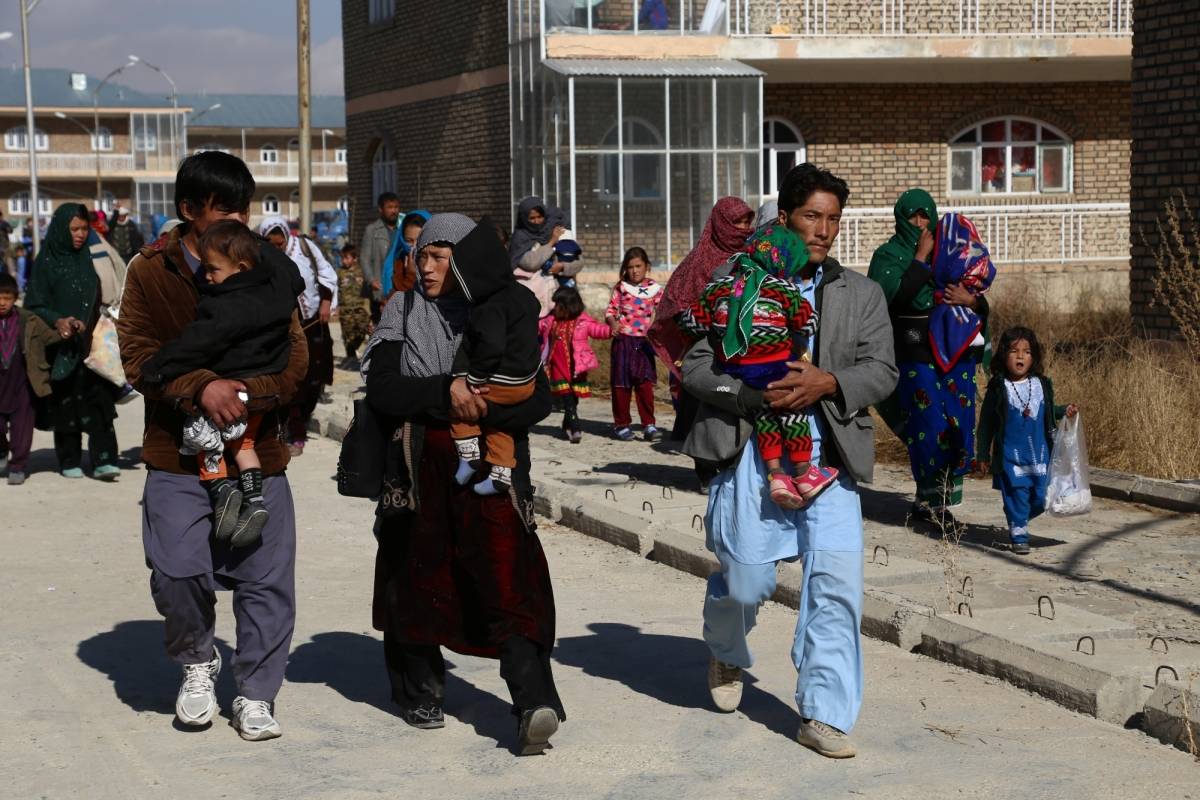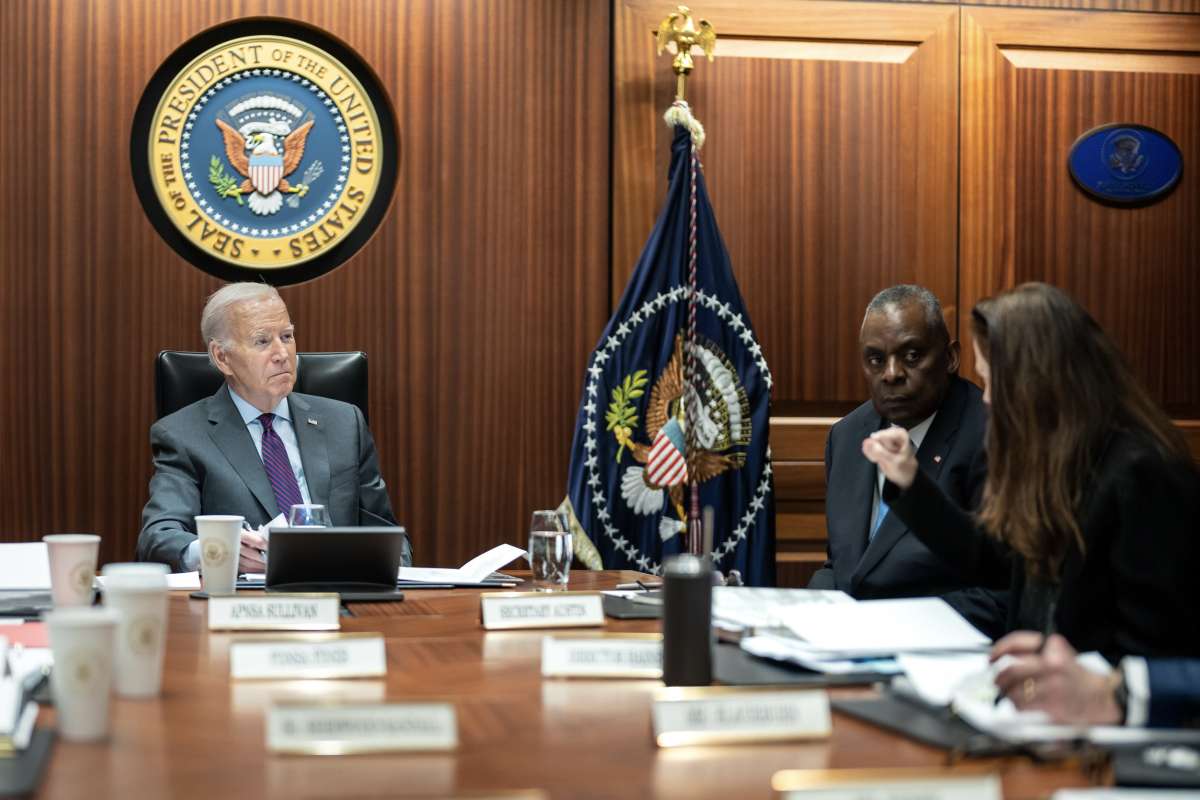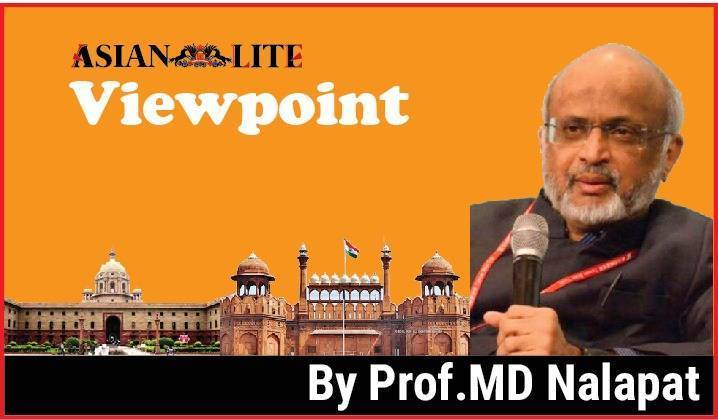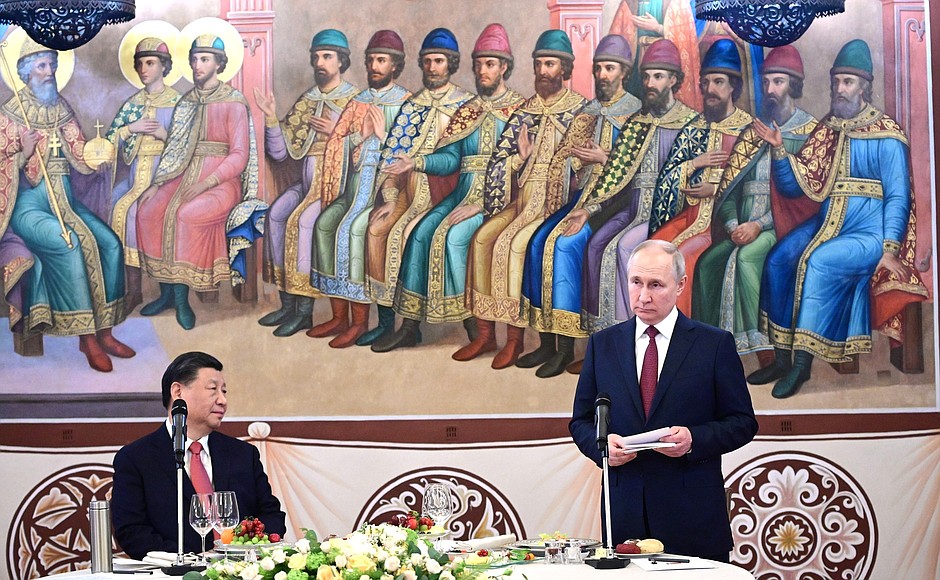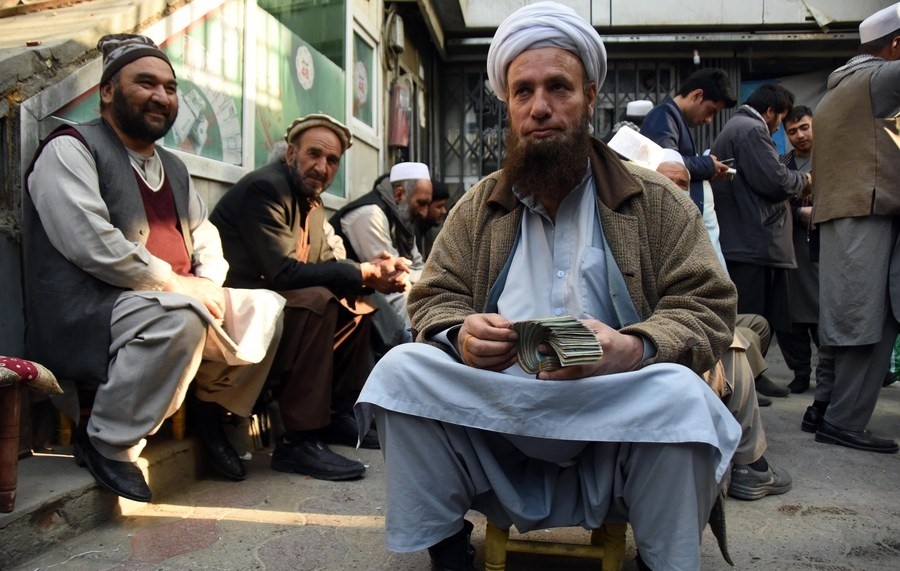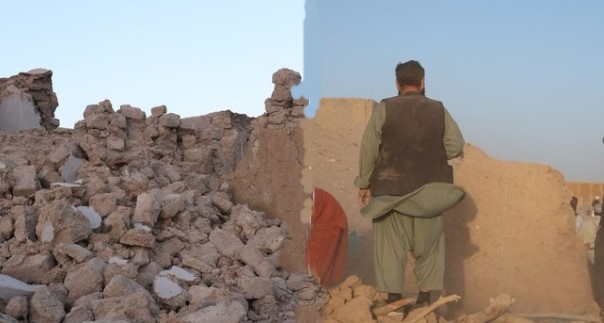Qatar stands among the few countries that have been key hosts of the most significant international meetings on Afghanistan since 2020…reports Asian Lite News
Qatar reaffirmed its commitment to host international meetings on Afghanistan issues, further affirming its support for the Afghan people, according to Khaama Press.
In its recent statement, Juhara Abdulaziz Al-Suwaidi, Deputy Permanent Representative of Qatar to Geneva, underscored the importance of continuing to host meetings on Afghanistan at the fifty-fifth session of the UN Human Rights Council.
Notably, Qatar stands among the few countries that have been key hosts of the most significant international meetings on Afghanistan since 2020, contributing to notable developments in the country.
The recent Doha meeting and the signing of the Doha Agreement were pivotal events, with 18 months of negotiations hosted by Qatar in its capital city, as reported by Khaama Press, reported Khaama Press.
Qatar’s Foreign Ministry, in its statement, highlighted issues of communication, increased coordination within the framework of human rights promotion, and ensuring a decent life for the Afghan people as part of its policy to support Afghanistan.
The statement by Qatar’s Foreign Ministry also emphasised the continued humanitarian aid committed to supporting the Afghan people and hosting meetings on the country’s issues.
Qatar has played a crucial role in facilitating dialogues and negotiations aimed at resolving the Afghan conflict, fostering a platform for discussions and agreements critical for Afghanistan’s stability, Khaama Press reported.
Amidst dire humanitarian crises and ongoing violations of human rights and women’s rights in Afghanistan, Qatar’s sustained efforts to convene international gatherings highlight a commitment to address the country’s challenges and support people.
EU provides 21 million euro aid
The World Food Programme announced that the European Union has provided a 21 million euro contribution to the Afghanistan Humanitarian Fund, according to Khaama Press.
The office declared on Friday that around 300,000 people in Afghanistan are expected to benefit from the fund.
The primary aim of this assistance is to improve food security and nutrition in Afghanistan, as the European Union stated.
Rafaela Iodice, the EU official in Afghanistan, said that the European Union will continue its assistance to the people of Afghanistan, as reported by Khaama Press.
This comes at a time when the Secretary General of the United Nations, Antonio Guterres, stated that the organisation has only been able to secure three per cent of the required budget to address the humanitarian crisis in Afghanistan.
The recent earthquakes in the country and the expulsion of migrants from neighbouring countries are raising the need for aid in Afghanistan.
The humanitarian situation in Afghanistan remains dire, with millions of people facing extreme poverty, displacement, and food insecurity, Khaama Press reported.
Moreover, years of conflict, political instability, and the Taliban’s return to power have exacerbated these challenges.
Reportedly, many families in the country lack access to necessities such as clean water, sanitation facilities and healthcare.
The ongoing violence and insecurity have also hindered humanitarian aid delivery, which has further worsened the condition of vulnerable people in Afghanistan.
Additionally, there is a severe shortage of shelters for internally displaced persons (IDPs) and refugees returning to Afghanistan, according to Khaama Press.
Furthermore, the Taliban’s imposition of strict restrictions on women’s rights has had a devastating impact on their access to education and employment opportunities.
Afghan women and girls have been facing significant barriers to attending school or pursuing careers, denying them essential pathways to empowerment and economic independence.
Moreover, the international community should prioritize the protection and support of Afghan women’s rights as part of broader humanitarian efforts in the country, Khama Press reported. (ANI)
ALSO READ: 700 ‘Ghost Schools’ Annulled in Afghanistan

